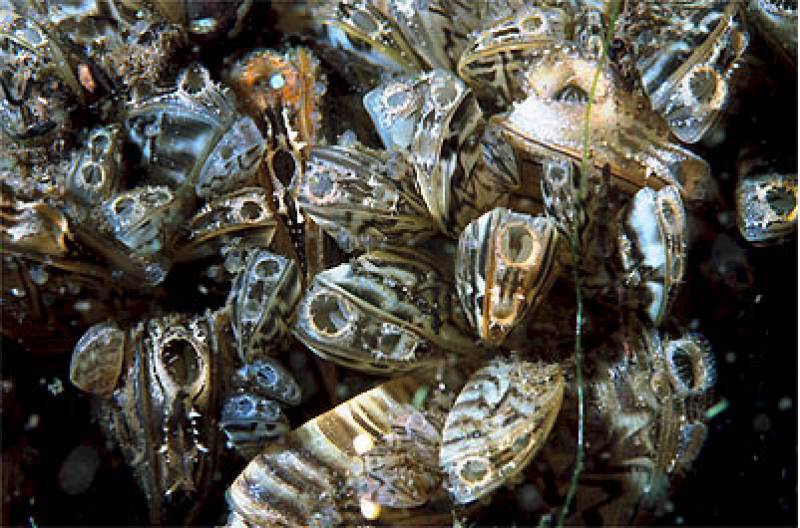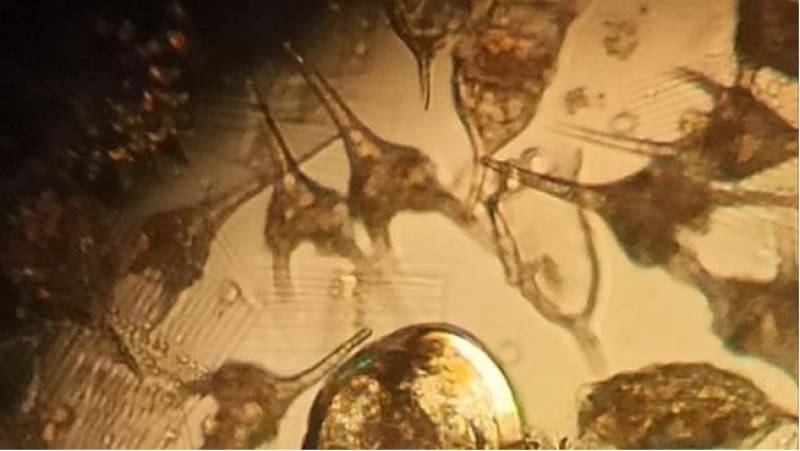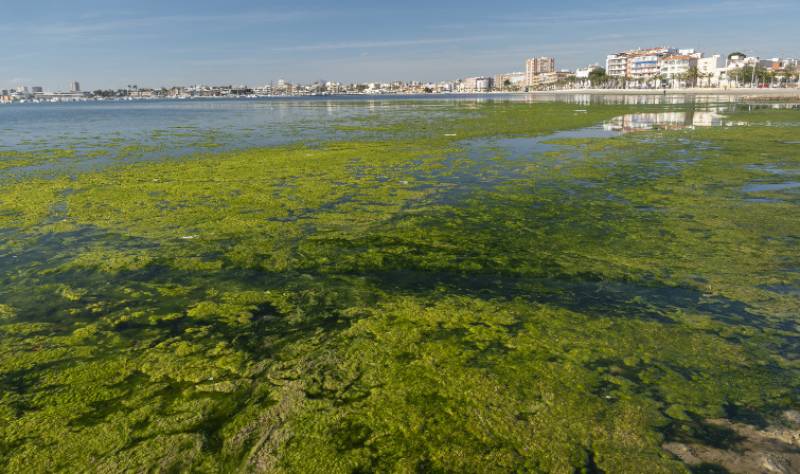- Region
- Vega baja
- Marina Alta
- Marina Baixa
- Alicante
- Baix Vinalopo
- Alto & Mitja Vinalopo
-
ALL TOWNS
- ALICANTE TOWNS
- Albatera
- Alfaz Del Pi
- Alicante City
- Alcoy
- Almoradi
- Benitatxell
- Bigastro
- Benferri
- Benidorm
- Calosa de Segura
- Calpe
- Catral
- Costa Blanca
- Cox
- Daya Vieja
- Denia
- Elche
- Elda
- Granja de Rocamora
- Guardamar del Segura
- Jacarilla
- Los Montesinos
- Orihuela
- Pedreguer
- Pilar de Horadada
- Playa Flamenca
- Quesada
- Rafal
- Redovan
- Rojales
- San Isidro
- Torrevieja
- Comunidad Valenciana
article_detail
Date Published: 21/09/2022
ARCHIVED - Highly invasive zebra mussels discovered in the Region of Murcia
Larvae of this harmful alien species has been detected in several Murcia reservoirs

The highly invasive and damaging zebra mussel has been discovered by the Segura Hydrographic Confederation (CHR) this week in several Murcia reservoirs, sparking concerns for native species and even the water infrastructure.
Back in 2018, a detailed study of the Segura River revealed that is was free from any sign of the mollusc, but now it seems to be thriving once more, with the density of larvae increasing from 0.003 units per liter (ud/l) in the Camarillas reservoir in May to as high as 0.106 in August.
Originating in the streams of southern Russia, the zebra mussel, or Dreissena polymorpha, is capable of breeding prolifically and is now classed as one of the 100 invasive species in the world that cause the most damage.
Unfortunately, the CHR has also detected higher numbers of larvae in the latest samples taken from the Talave and Cenajo, while adult specimens have been found in Camarillas and Talave.

Technicians will continue sampling the Region’s waters for the shellfish’s presence until mid-October, coinciding with its reproductive cycle. In addition, information signs will be erected warning of the presence of zebra mussels, while recreational sailing close to their breeding grounds will be strictly monitored.
The impact of zebra mussel colonies spreading in the Region of Murcia cannot be overstated: the International Union for Conservation of Nature (IUCN) considers it one of the most harmful invasive alien species in the world.
The mollusc spreads rapidly, frequently clogging and damaging water infrastructure pipes and creates off-putting masses along shores and natural slopes. It also devours vast amounts of phytoplankton which alters the clarity and condition of the water, displacing valuable native species.
Image 1: Wikimedia Commons
Image 2: CHR
staff.inc.ali
Loading
Sign up for the Spanish News Today Editors Roundup Weekly Bulletin and get an email with all the week’s news straight to your inbox
Special offer: Subscribe now for 25% off (36.95 euros for 48 Bulletins)
OR
you can sign up to our FREE weekly roundup!
Read some of our recent bulletins:
Discount Special Offer subscription:
36.95€ for 48 Editor’s Weekly News Roundup bulletins!
Please CLICK THE BUTTON to subscribe.
(List price 3 months 12 Bulletins)
Read more stories from around Spain:
Contact Murcia Today: Editorial 000 000 000 /
Office 000 000 000



































